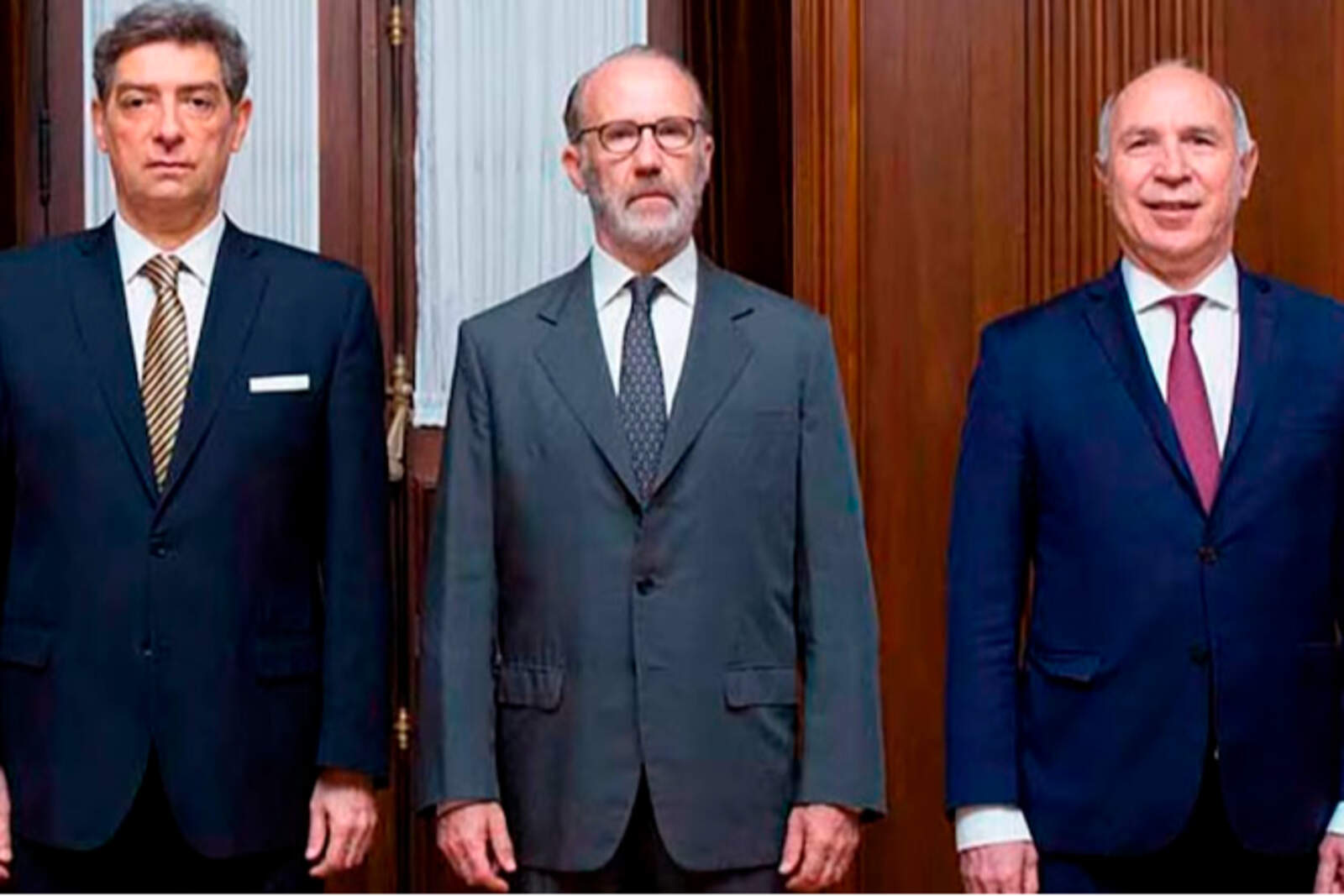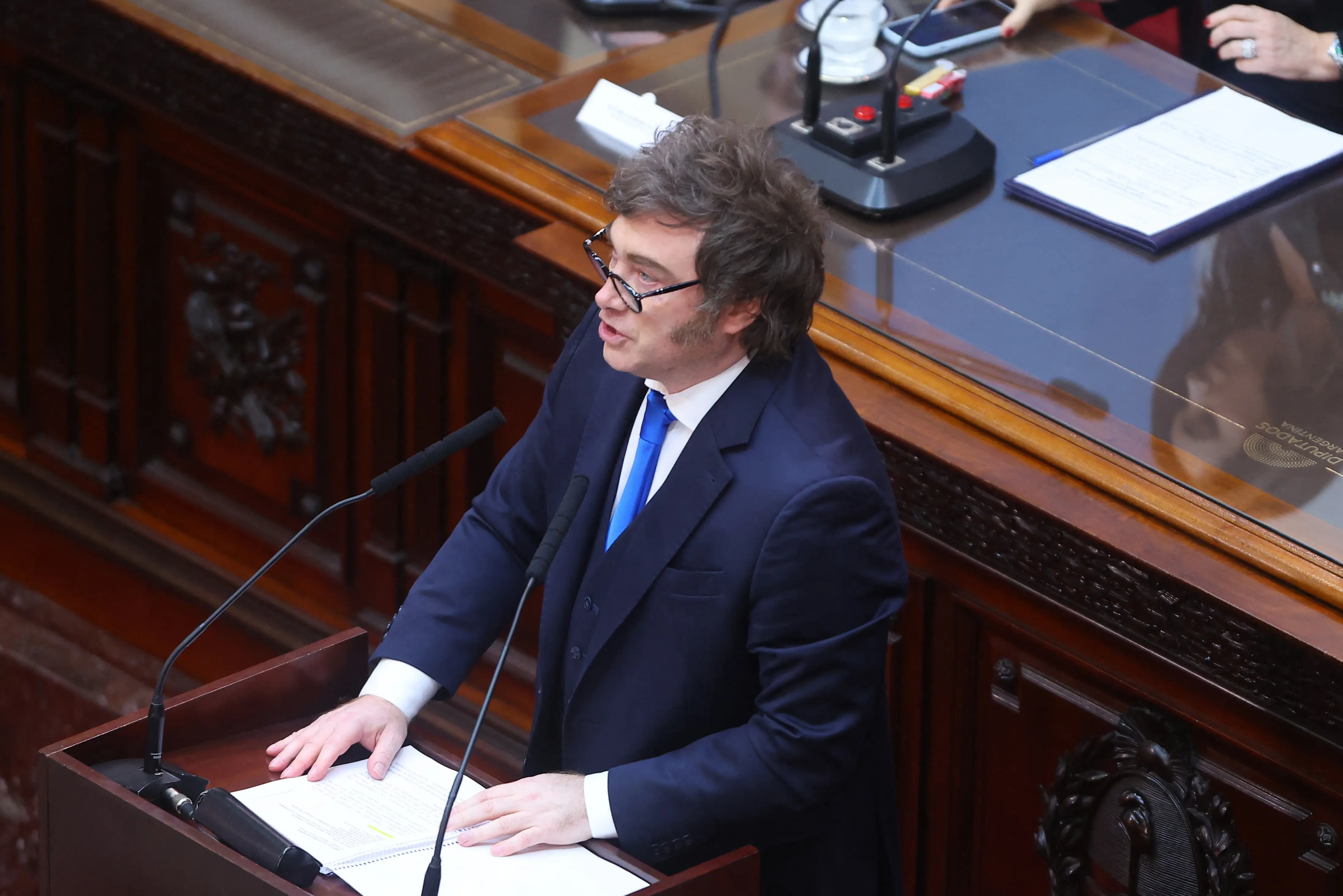The Government will seek to declare sexual offenses imprescriptible in the reform of the Criminal Code. The announcement comes after the Supreme Court decided to dismiss the case against former priest Ilarraz due to the statute of limitations.
The Minister of Justice of the Nation, Mariano Cúneo Libarona, stated that the Government will include the imprescriptibility of sexual offenses in the draft of the reform of the Criminal Code that will be sent to Congress. According to the official, the initiative responds to the need to avoid injustices in cases where complaints are filed years after the events occurred, especially in situations involving minors.
"Sexual offenses shouldn't be subject to a statute of limitations. To prevent this type of injustice, in the new Criminal Code that we'll send to Congress, we'll propose the imprescriptibility of sexual offenses", the minister posted on his official X account.

The measure becomes relevant in the context of the recent decision by the Supreme Court of Justice, which declared the statute of limitations for criminal prosecution in the case of Justo José Ilarraz, a former priest previously sentenced to 25 years in prison for abusing seminarians between 1985 and 1993 at the Minor Seminary of Paraná, province of Entre Ríos.
The ruling of the highest court, signed by judges Horacio Rosatti, Carlos Rosenkrantz, and Ricardo Lorenzetti, held that, although the acts were heinous, they do not meet the legal requirements to be considered crimes against humanity, a condition that would allow for their imprescriptibility.










